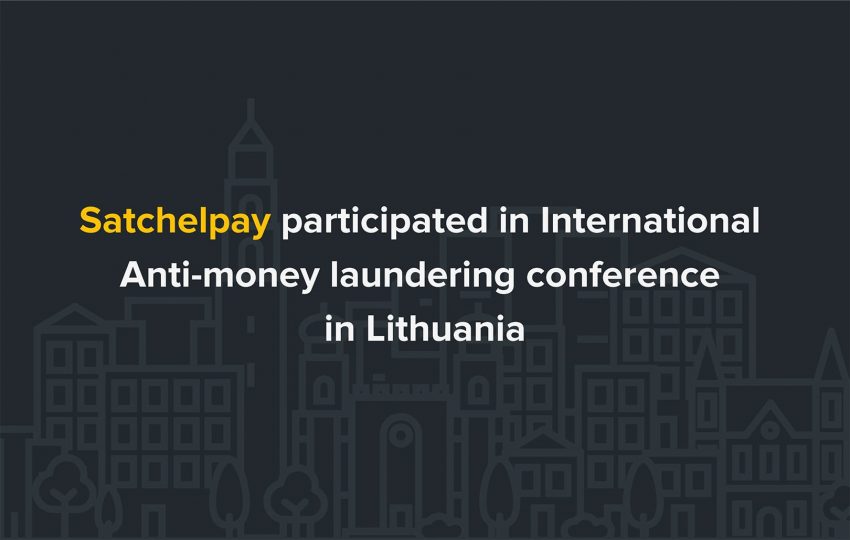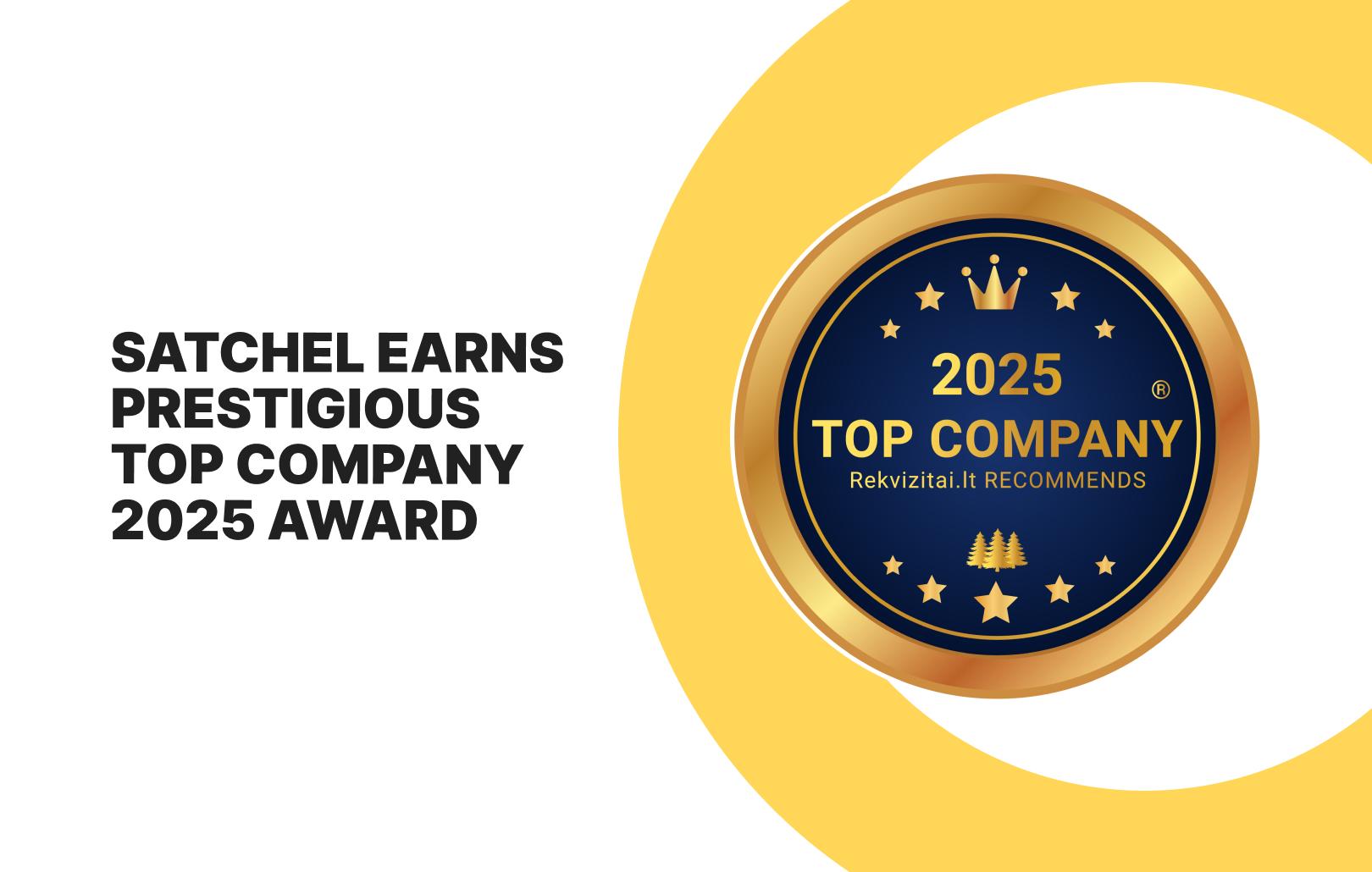Satchel Participated in AML Conference in Lithuania

Earlier this October, Satchel participated in two online events, dedicated to solving current challenges in anti-money laundering and counter-terrorist financing in the Baltic-Nordic community.
For us, it’s extremely important to be on the same page with the fintech partners, colleagues, and regulators, in order to keep the European fintech community fit for new challenges in anti-money laundering and counter-terrorist financing regulations.
Anti-Money Laundering and Counter-Terrorist Financing Conference
The first virtual event our AML professionals took part in is the Anti-Money Laundering and Counter-Terrorist Financing Conference, hosted by the Bank of Lithuania together with ACAMS Baltics Chapter, Fintech Hub LT, and the Association of Lithuanian Banks on October, 1st.
During the event, representatives of business, fintech, government, and regulators from different parts of Europe have discussed possible ways to de-risk the financial services without over-regulating it and using obsolete regulation methods.
While there weren’t any notable money laundering cases in the Baltic lately, these do happen in Europe and can eventually be attempted in the Baltic-Nordic region as well. It was expressed that in order to be ready to tackle them, the regulators should be more flexible and agile as the growing fintech community itself, and the best way to provide this is to form AML public-private partnerships for financial monitoring and control.
Baltic AML Forum 2020
Just a week after, Satchel’s team of specialists took part in another virtual event, the Baltic AML Forum 2020, hosted by Verslo Zinios on October, 7th. Here, legal and regulatory specialists from the Lithuanian government and Bank of Lithuania, have discussed similar topics or de-risking, current industry trends, and challenges of anti-money laundering and counter-terrorist financing.
This event gave the participants an insight into the regulator’s concerns and processes and gave us and our partners a clearer picture of legal, regulatory, and law enforcement operations in the financial technology field. This comprehension will allow us to re-evaluate a few aspects of our operation in order to provide better data at a better time, and our end users will benefit from an easier, faster, and more insightful AML process, which will enable them to enjoy fintech products more freely and more often.
The talks with the government’s representatives touched on the topics of MLRO function, tax, and legal issues of AML compliance. The problems of regulation and supervision of virtual and cryptocurrencies have also been discussed, which is quite important, considering that approximately 40% of crypto businesses are incorporated or at least have banking assets in Lithuania.
How is That Important?
The Baltic fintech community and the regulators have lately been moving toward establishing the Centre of Excellence in Anti-Money Laundering, the first example of successful private-public partnership in AML compliance. This entity would allow Satchel and other market players to share the relevant concerns and experience with the whole market, as well as to build better AML solutions together. It also enables the regulator and the government to implement more agile control methods that would give the fintech companies more freedom in building new products while keeping all financial assets in a regulated and transparent environment.





